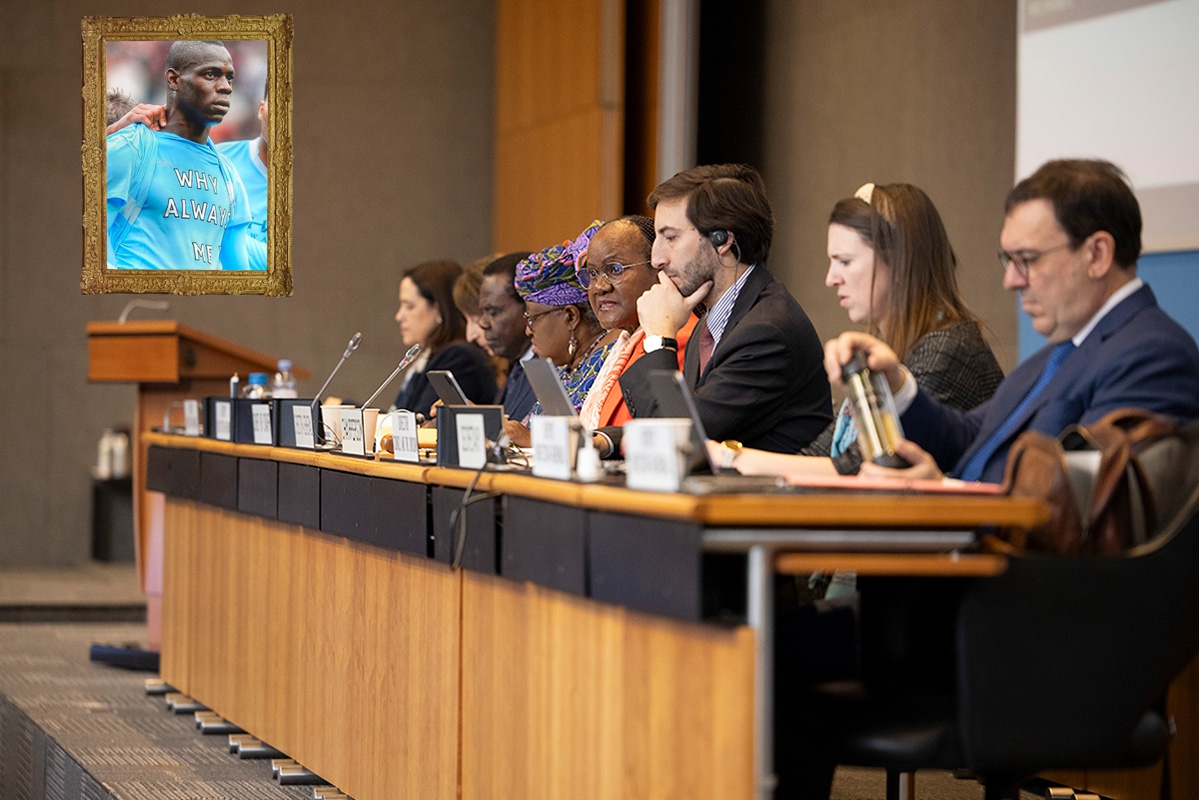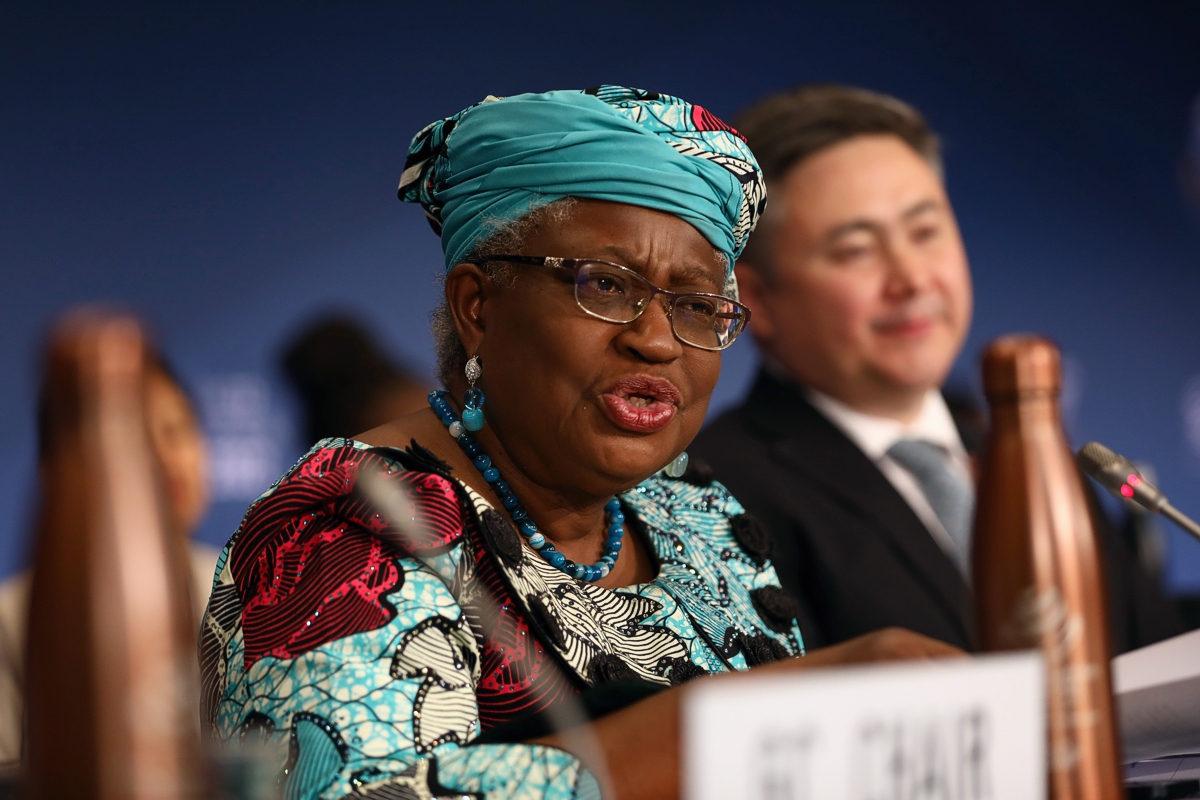Not done yet, but the group-of-four could give the WTO some long-awaited success
Updates
June 17, 2022 — members agree on the waiver at the Ministerial Conference.
From mid-May to June 10 — members work on the compromise draft and discuss further revisions. The text submitted to the Ministerial Conference is here. Earlier versions are here.
May 19, 2022 — An informal meeting to take stock of two days of real negotiation on the compromise among about 30 delegations on May 16 and 18, described by chair Lansana Gberie (Sierra Leone’s ambassador) as “arduous”.
WTO Director-General Ngozi Okonjo-Iweala urged members on all sides to sort out their reservations over the proposed compromise, so that a deal on waiving some intellectual property protection for COVID-19 can be struck by the Jun 12-15 Ministerial Conference. See this Twitter thread.
May 3, 6 and 10, 2022 — The compromise text was finally put to the rest of the membership at a May 3 informal meeting — WTO news story, and the text (html or pdf) — and discussed in a May 6 formal intellectual property council meeting and in the General Council on May 10. Both bodies consist of the full WTO membership.
Members were non-committal about accepting or rejecting the text. But this compromise draft allowed them for the first time to agree broadly to start negotiating on a text in the search for a solution. None of the Quad presented the text as their own, just an attempt to secure an agreement.
See this twitter thread and this WTO news story on the General Council meeting, and this earlier Twitter thread and WTO news story on the intellectual property council. The blog post below had been updated accordingly.
March 28, 2022 — Three of the “Quad” could still be consulting internally on whether to accept the compromise, according to Geneva trade sources.
South Africa is said to have told members in an informal General Council meeting on March 28 that the draft was still being discussed domestically. Only the EU is understood to have completed its internal processes and to have accepted the draft, while India and the United States had not yet confirmed their support for it.
The draft would still have to go to the full membership in the intellectual property council, but no date has been set for the council’s next meeting.
By Peter Ungphakorn
POSTED MARCH 17, 2022 | UPDATED JUNE 17, 2022
Behind-the-scenes negotiations by four key members have raised the prospect of an agreement on intellectual property and the COVID-19 pandemic, which would also help lift the World Trade Organization out of one of its worst crises.
News broke in mid-March 2022 that the four — the EU, India, South Africa and the US — had agreed on a compromise text on waiving the obligation to protect intellectual property related to the COVID-19 pandemic.
A slightly modified text was circulated to members on May 3, 2022. A cover letter from WTO Director-General Ngozi Okonjo-Iweala summarised how the proposed compromise was negotiated.
Although members offered some initial reactions in meetings over the following week, it still had to be negotiated, agreed, and possibly amended by the WTO’s membership of 164. (See this twitter thread and this WTO news story on the General Council meeting, and earlier this Twitter thread and this WTO news story on the intellectual property council.)
Anything can happen in that process, but so far the compromise has not been rejected outright — it has been accepted as a basis for negotiations. After all, most of those driving the main positions are among the four.
Continue reading “‘Quad’ raise hopes of a COVID-19 deal and revival for the beleaguered WTO”













